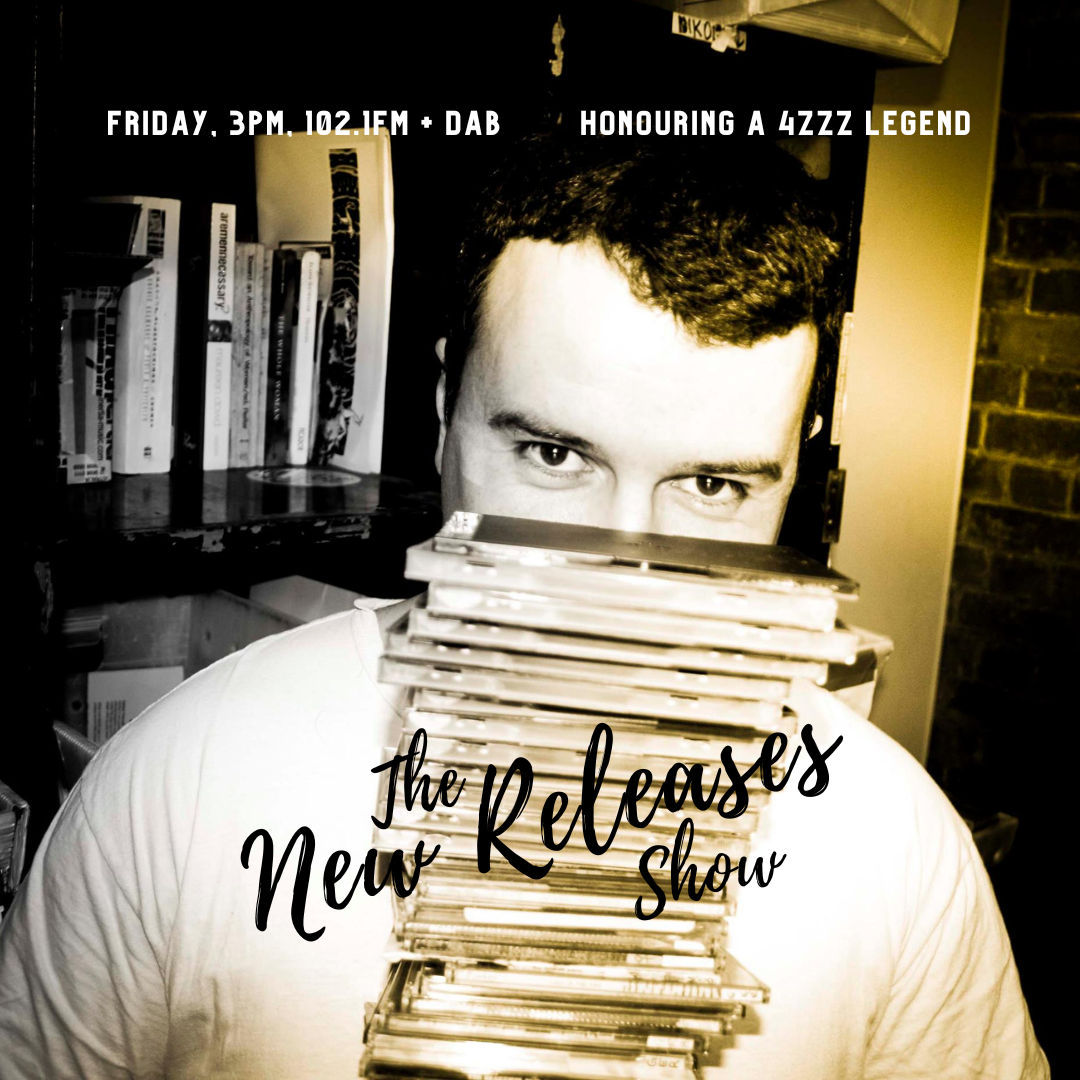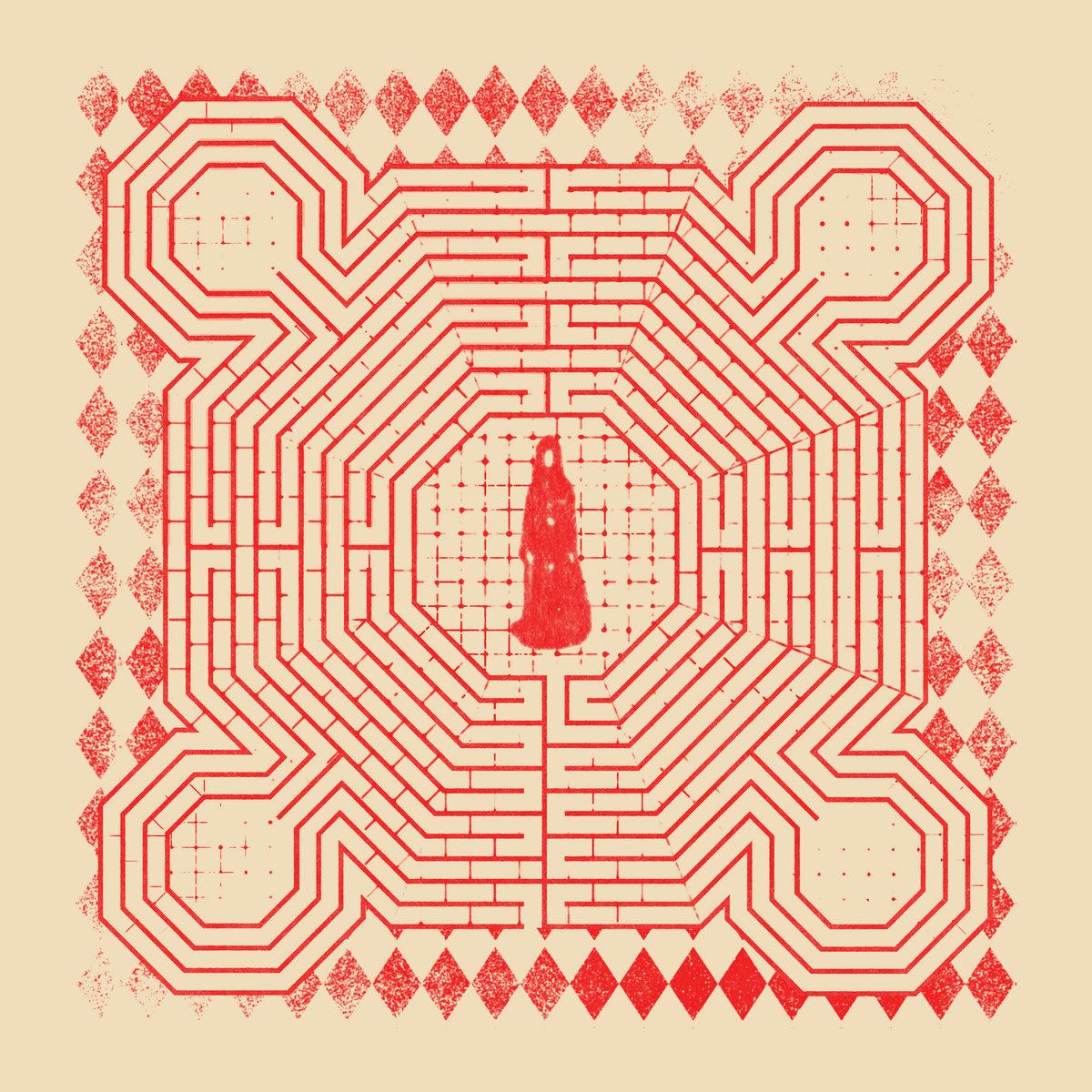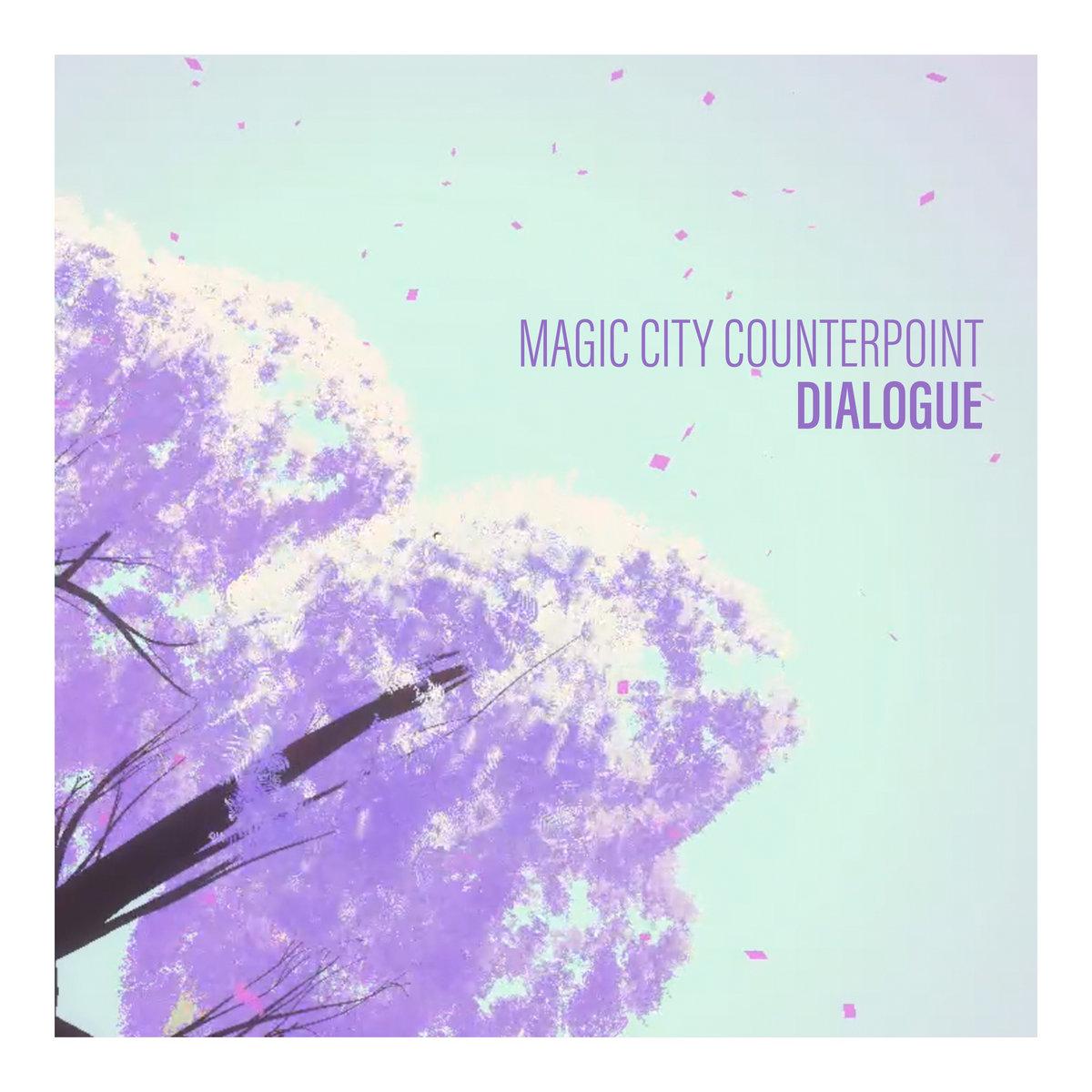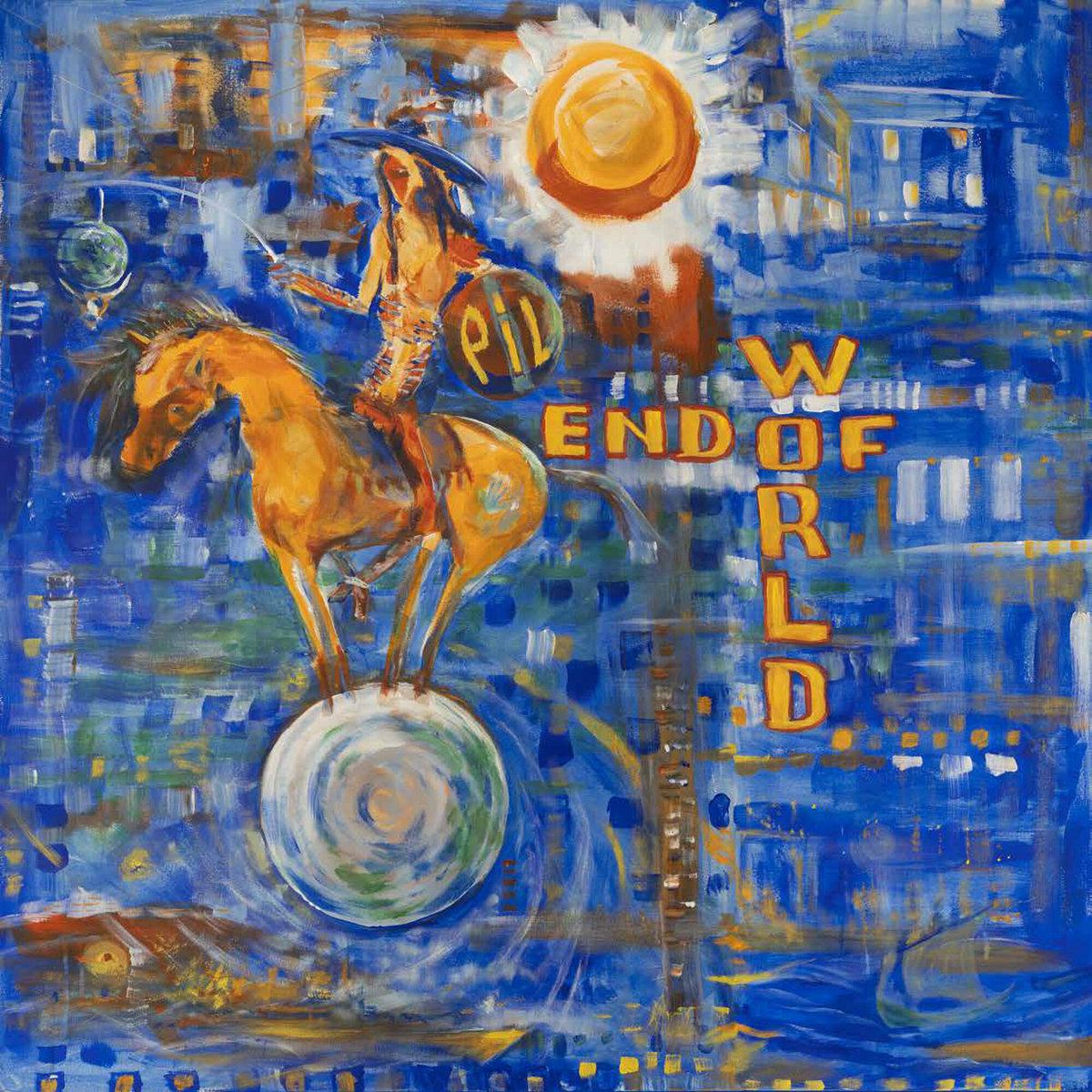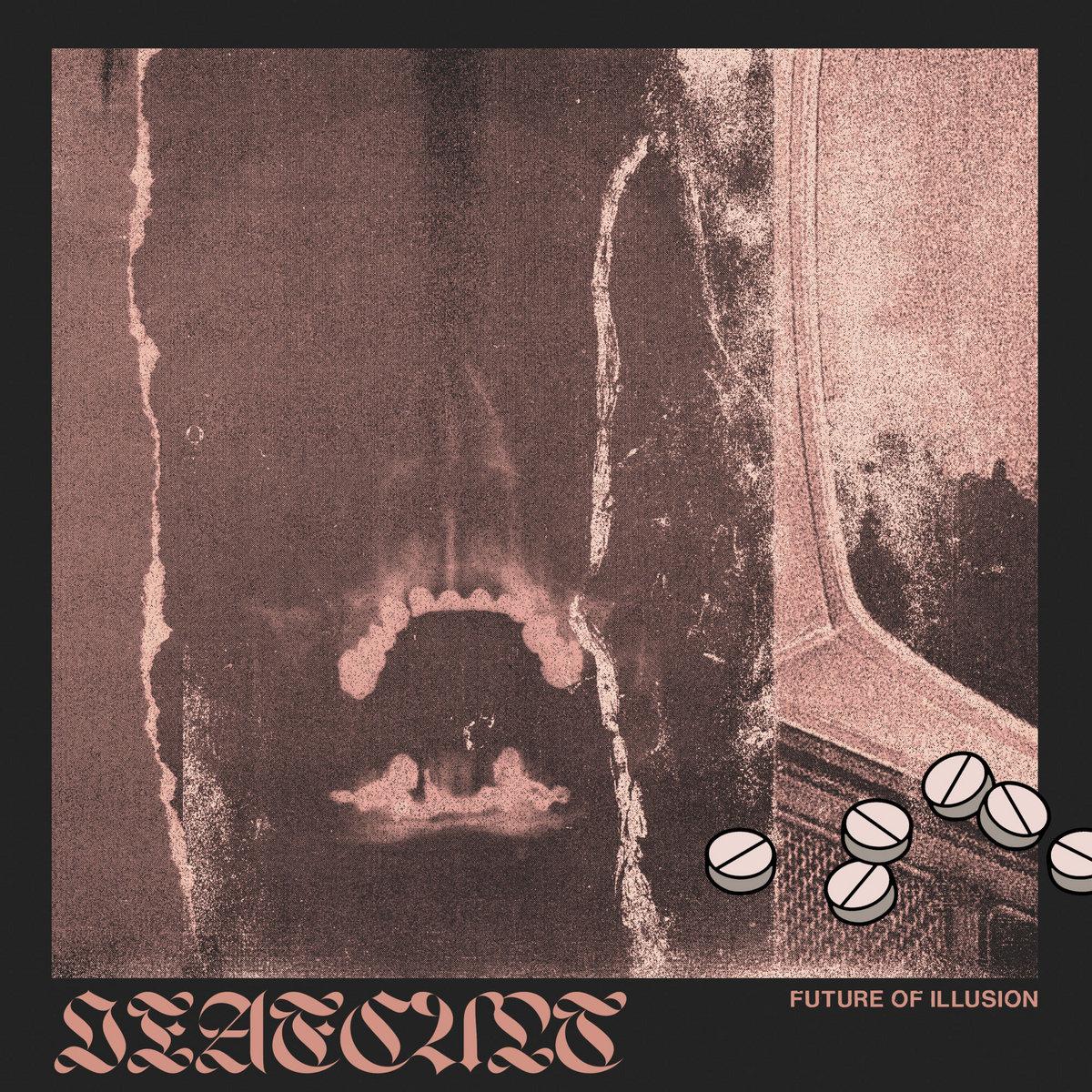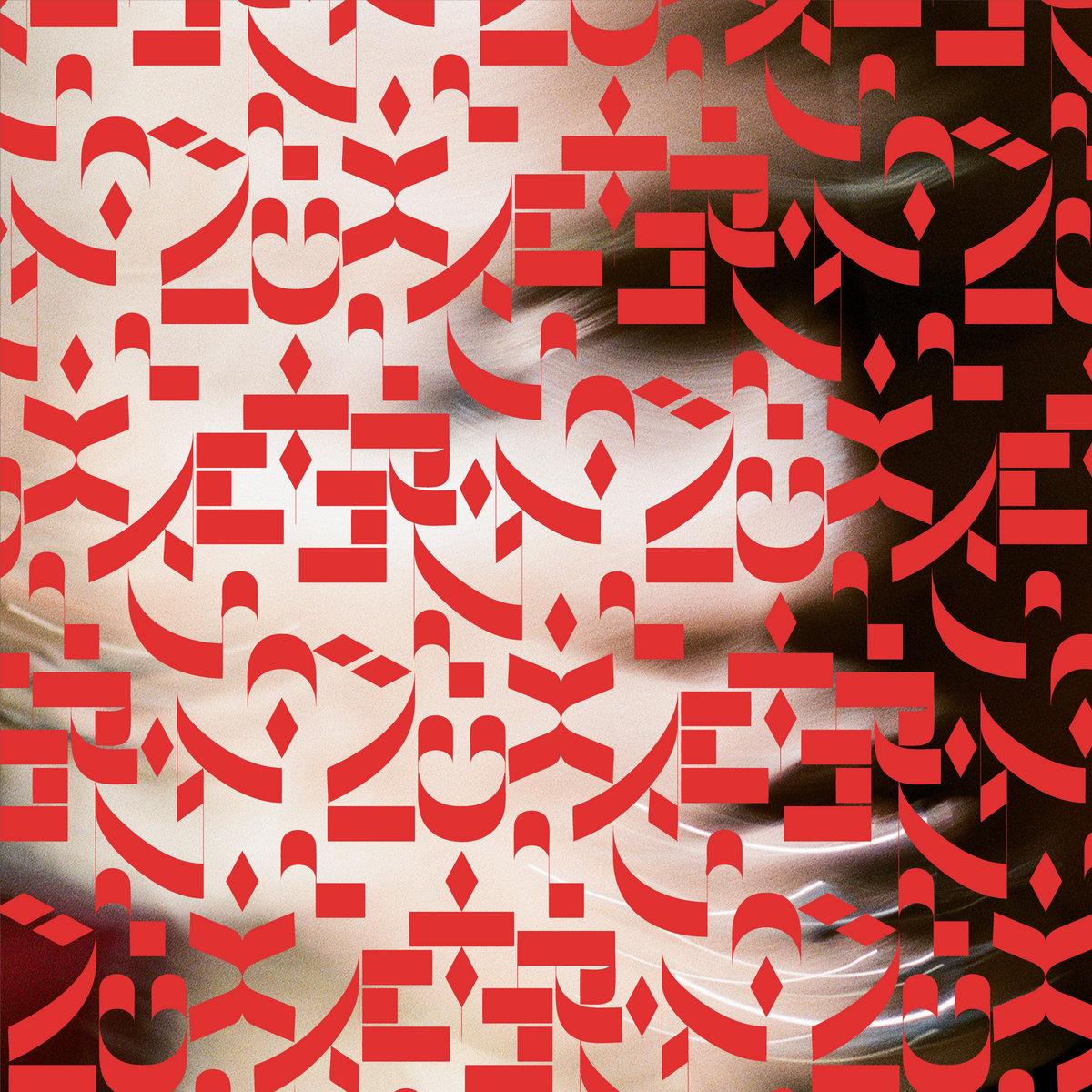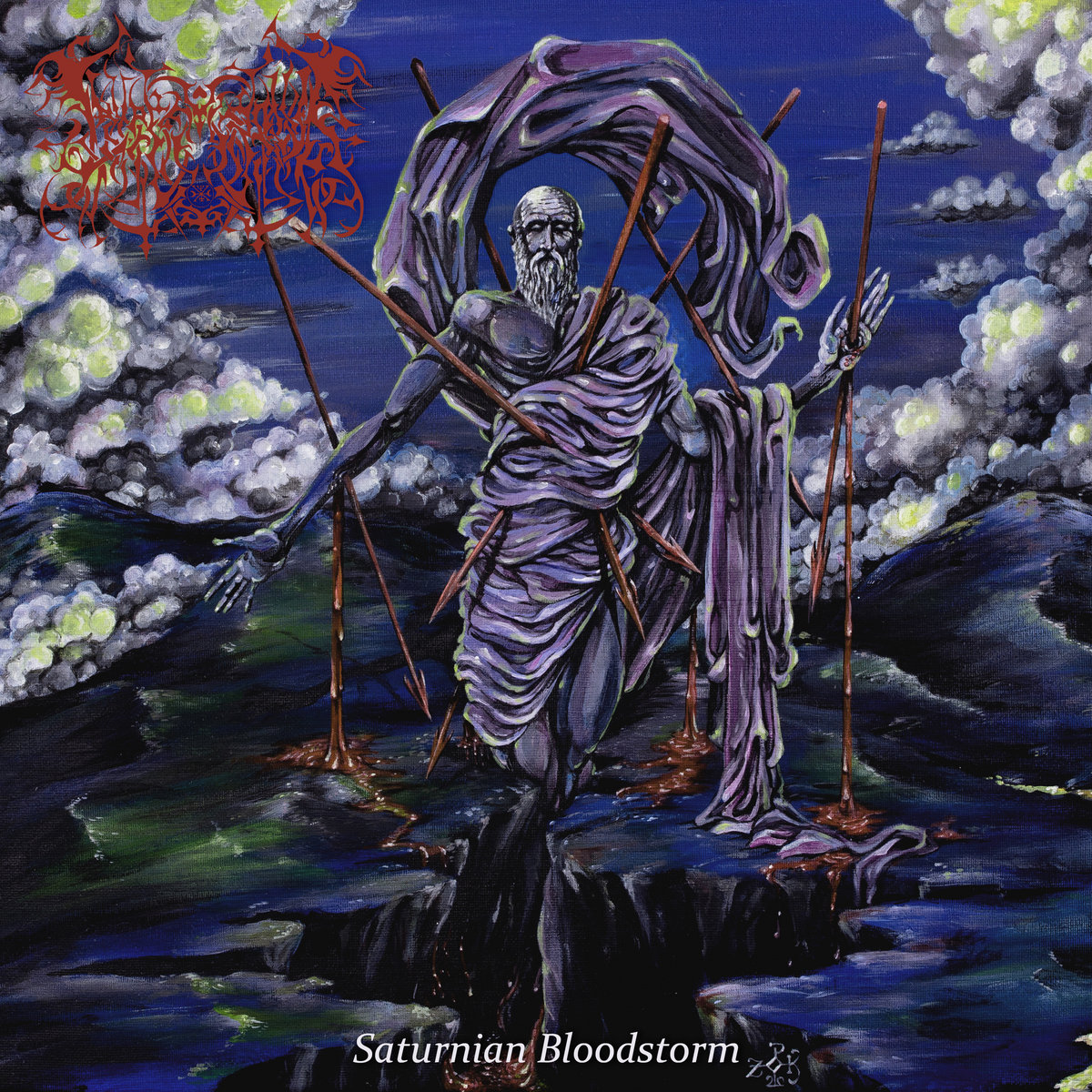
- I often ponder the long complex history of black metal as a genre in its progression from the 1980s, through its notoriety in the 1990s into the new millennium of the 2000s. In my teenage years the shock and sheer power that black metal held over me was something mystical and awe-inspiring. I often think about how people living in those decades would ever think about the contemporary sound bands like Emperor or Immortal put forth into the world, albeit influenced by metal and thrash of the decade before, in its ever-evolving post-modern sound, moving forward but constantly looking to what came before. As I reach beyond thirty I would ponder what bands of the genre would be held in high regard in this decade as the group or individuals that drove the genre into somewhere new yet still looking over their shoulder to acknowledge what came before. Lamp of Murmuur does not seem to stop evolving and growing in their tapestry of albums with the most recent release of Saturnian Bloodstorm. This is a much more refined and well produced album compared to their previous work, more gothic and raw. Their last was a split with contemporary Ebony Pendant, their triumphant and galloping ride through this darkened mire, akin to more of a crust or chain-punk sound of bands like Enzyme, Armor or Nosferat.
However, taking all this influence into account, we hear a different direction taken from the get-go on Saturnian Bloodstorm. We hear this thunderous burst of well-produced double kicks, harking to that triumphant battle music of Immortal’s Pure Holocaust on the track Conqueror Beyond the Frenzied Fog. Here the complexity of influences has culminated into the current sound, with the beautiful clean guitars still retaining post-punk flavour. The rawer, unrefined elements have been dropped for this album and we now receive a more powerful overall sound.
Every so often there's the radiance of synthesisers and choirs and other accoutrements that glaze everything with some extra sweetness, a great benefit of this increased production clarity. The galloping drum work and sweeping guitar solos surprise me, affirming the mesh of influences such as Dismal Euphony’s Autumn Leaves: The Rebellion of Tides and '80's blackened thrash.
The second track Hymns of Death, Rays of Might, continues this battle cry of thundering drum work, with more traditional heavy metal elements in the melodies. As I write this review, I cannot help but think of Judas Priest and the album Painkiller, the harmonies of the guitars, driven behind this chunk of gravelly bass and clean drum production. The build-up toward the end of the song gleefully embraces the genres and adds flavours, beautifully, to an already impressive mix of textures. The amazing thing to me is that Lamp of Murmuur has retained basically every single synth and shape of instruments from previous albums like Heir Of Ecliptical Romanticism, but now they are not hidden behind a wall of raw noise.
Seal of the Dominator, the second single released prior to the album’s release is a reprieve from the aural intensity of the first two lengthy tracks. I Imagine the heavy toms in a live setting would resonate deeply within an audience, as Lamp of Murmuur are now no longer hidden behind a screen of anonymity.Emerging to the stage to perform these songs, the vocal on this song shines beyond everything else and reminds me of the more stripped back paces of Satyricon’s Nemesis Divina. Still with this gothic edge within, as well as these time signatures and rhythm changes that affirm that influence to me.
Descending From the Aurora provides another reprieve but catches you instantly off guard with its analogue synth edge emerging into a John Carpenter soundtrack. The unsettling nature of the synth leading us into In Communion With The Wintermoon, has this edge of a power metal song and an enthralling bass melodies that really excel on this track. I often feel on albums the bass is overshadowed by the more elaborate guitar work. On this song it tends to take more a back seat to a more power chord and punchy riffing. It is at this point I really do hear the influence of Immortal on this album with albums like Battles in the North or Diabolical Fullmoon Mysticism, especially that cadence of the word Wintermoon: it just absolutely hits deep within you when uttered in the song.
The final, title track of Saturnian Bloodstorm feels closer to the original sound of the first few albums but with this unreal pace unmatched in the rest of the album. I absolutely adore the use of the chorus guitars in black metal, especially with this level of production quality. This song serves as a perfect closer with its slow chugging and fluttering guitar melodies. No longer is just a solitary voice heard, with a unison of doubled vocals that appear to unite the album. To me, this song feels the most confident and is a perfect closer to an already enthralling album, there is a dense number of layers to this song that really achieves the culmination of everything I've talked about here. You can really feel this apocalyptic beauty that people can recall from the albums we first heard in the genre of black metal. This song is the longest, has obviously had the most time spent on it and it is clear from its elaborate sections and evolving changes and builds. The amazing choral elements re-emerge with this amazing mid-pace section reminding me of the closer Inno a Satana by Emperor.
For certain, this is a masterwork by Lamp of Murmuur and without a doubt in my mind will be one of those albums that future musicians in black metal will look back to, only to discover that the writer themself was looking back too.
~ Scott McLatchie.


